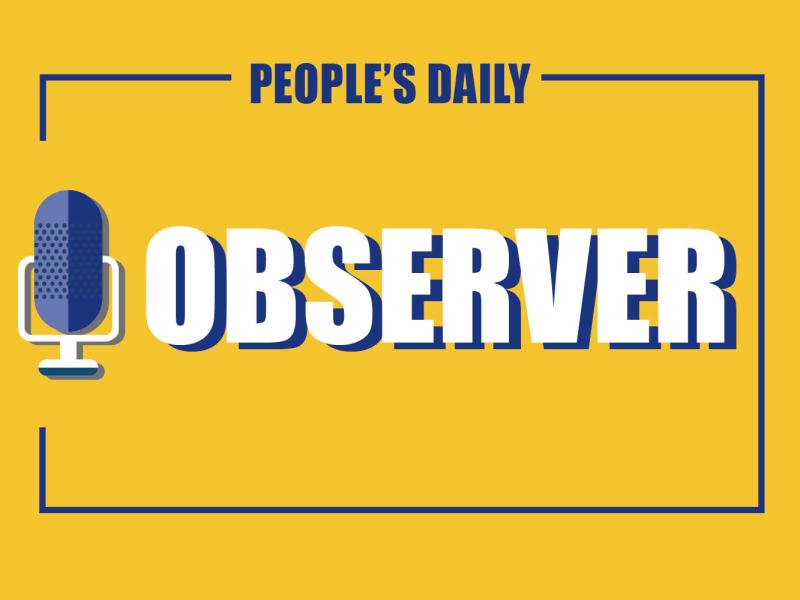
When World Health Organization Director-General Tedros Adhanom Ghebreyesus said last Monday that just 25 doses of COVID-19 vaccines had been given to one lowest-income country, he was highlighting a dire situation facing the world: vaccine distribution inequality.
Compared to the 25 doses, 39 million vaccines have already been bought by at least 49 higher-income countries. Rich nations representing 14 percent of the world's population bought up more than half (53 percent) of all the most promising vaccines. Poorer countries are standing at the back of the line and will have to watch more of their people die before a vaccine becomes affordable.
WHO has warned that herd immunity will not be achieved in 2021 as a vaccination rate of at least 70 percent is needed. It is therefore crucial to organize an equitable distribution and ensure that the most high-risk people like health workers and vulnerable people in developing countries have access to vaccines.
With the world on the brink of a "catastrophic moral failure", China, as one of the biggest developing countries, is trying to realize vaccine accessibility and affordability in developing countries.
Despite huge domestic demand, China has overcome difficulties and is doing everything in its power to carry out international cooperation on vaccines with developing countries.
On the one hand, China has provided support and assistance according to other nations’ needs. China has so far signed orders with more than 10 countries and almost all of them are developing countries such as Turkey, Indonesia and Brazil.
China has also been conducting vaccine research and development with a dozen countries including clinical trials and co-production. Donations and unpaid assistance has been planned for some developing countries, including the Philippines and Myanmar.
In addition, China has formally joined the WHO-backed COVAX vaccine program, which aims to discourage governments from hoarding COVID-19 vaccines and ensure vaccination of the most needed people in all countries.
On the other hand, Chinese vaccines will be more acceptable for developing countries due to their lower requirements for distribution. The Chinese vaccines Sinovac and Sinopharm can be stored in a standard refrigerator, whereas some others require special cold storage equipment.
As the first country in the world to promise its vaccine as a global public good, China has always maintained that solidarity and cooperation are the most powerful weapons to defeat the COVID-19 pandemic.
The unfair distribution of COVID-19 vaccines echoes some of the previous tragedies in human history, where treatment was only available to the rich countries while poorer had to wait. Despite being well-positioned in the vaccine race, China has been struggling to avoid such a tragedy from happening with the COVID-19 pandemic by promoting equitable global distribution.
Humanity shares a common destiny. China’s efforts at equitable vaccination contribute to saving lives, stabilizing healthcare and restoring economic vitality. They promote a true world recovery.


